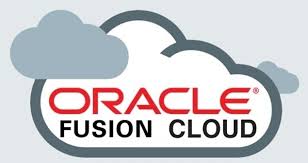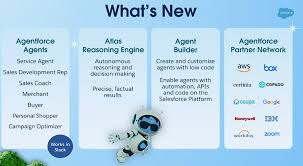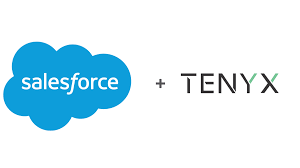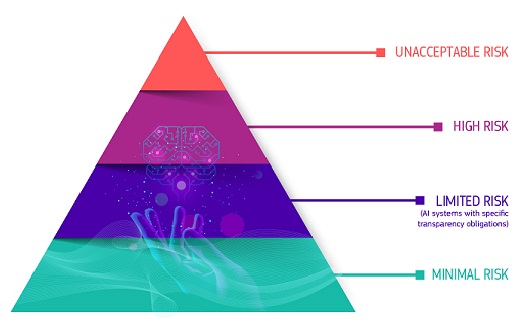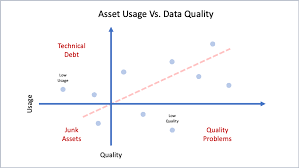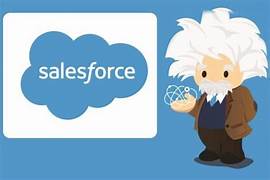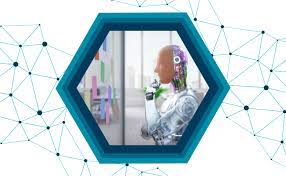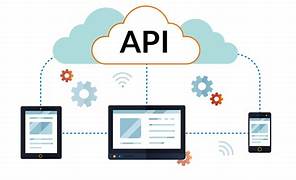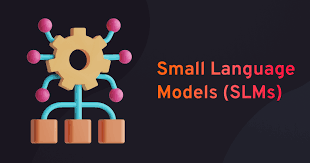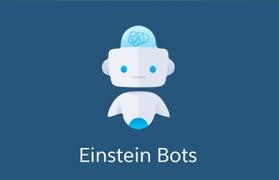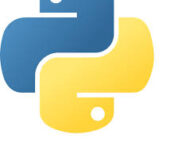Oracle Fusion Cloud
Oracle has unveiled over 50 role-based AI agents in the Oracle Fusion Cloud Applications Suite as of Wednesday. This suite offers a range of applications designed to help enterprises manage various functions. The newly introduced AI agents aim to assist employees and managers by automating business processes. According to Oracle executives at the CloudWorld 2024 conference in Las Vegas, these agents are tailored to improve efficiency across different functions. In Oracle Fusion Cloud Human Capital Management, the AI agents support shift scheduling, assist with hiring, manage requests to fill or create new positions, and help employees understand their benefits. In Oracle Fusion Cloud Supply Chain, Manufacturing AI Agents provide contextual insights and recommendations for handling order requests and suggest maintenance and repair actions for various assets. The AI agents within Oracle Fusion Cloud Customer Experience assist with planning and research tasks, automate contract workflow and approval processes, and facilitate communication with sales representatives. Oracle has yet to announce the release date for these AI agents. The Next Stage of GenAIThe introduction of AI agents represents an evolution of generative AI, moving beyond chatbots to technology that performs tasks autonomously. “These AI agents are engineered to automate routine tasks and offer personalized insights and recommendations,” noted Sid Nag, Gartner Research analyst. This development underscores a shift in the generative AI market from ideation to practical implementation. “These are very pragmatic and practical ideas,” said Mark Beccue, an analyst at TechTarget’s Enterprise Strategy Group. “It’s a use case we’ve been anticipating, where AI helps complete tasks effectively.” Oracle’s AI Agents for its Fusion Cloud Applications Suite align with the vision for enterprise software vendors, Beccue added. ServiceNow AI AgentsOracle is not alone in embedding AI agents into business applications. On September 10, ServiceNow announced plans to integrate agentic workflows into its platform. The initial AI Agent applications from ServiceNow will focus on Customer Service Management and IT Service Management. These agents are designed to identify and resolve issues independently while still being overseen by human operators. ServiceNow’s AI Agents are expected to launch in November 2024 as part of a limited release. The company also introduced the Now Assist Skill Kit, enabling enterprises to develop custom generative AI skills tailored to specific business needs. Single Task vs. Multitask AgentsA key consideration with AI agents is whether they can handle single tasks or multitask across multiple applications. Mark Beccue suggests that the ability to perform tasks across various applications could lead to a new user interface where AI agents manage tasks seamlessly across different systems. “It’s a vision for the future of AI agents,” Beccue remarked. It remains to be seen how these AI agents will address industry-specific regulations and compliance requirements, particularly in highly regulated sectors such as finance. Additional AI FeaturesOracle has also introduced new AI capabilities in other applications. Oracle Cloud ERP now includes predictive cash forecasting, narrative reporting, and automated transaction records within Oracle Fusion Cloud Sustainability. In Oracle Cloud CX, new features include assisted authoring to help sales teams engage buyers with AI-generated content and advanced AI capabilities in Oracle CX Unity for detecting signals based on role, title, and topic engagement. Like Related Posts Salesforce OEM AppExchange Expanding its reach beyond CRM, Salesforce.com has launched a new service called AppExchange OEM Edition, aimed at non-CRM service providers. Read more The Salesforce Story In Marc Benioff’s own words How did salesforce.com grow from a start up in a rented apartment into the world’s Read more Salesforce Jigsaw Salesforce.com, a prominent figure in cloud computing, has finalized a deal to acquire Jigsaw, a wiki-style business contact database, for Read more Health Cloud Brings Healthcare Transformation Following swiftly after last week’s successful launch of Financial Services Cloud, Salesforce has announced the second installment in its series Read more

